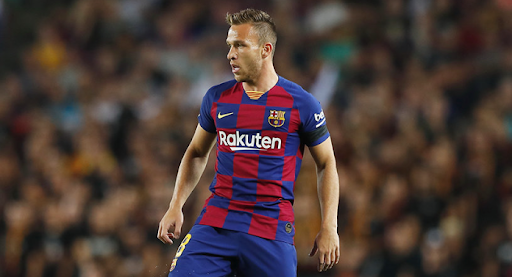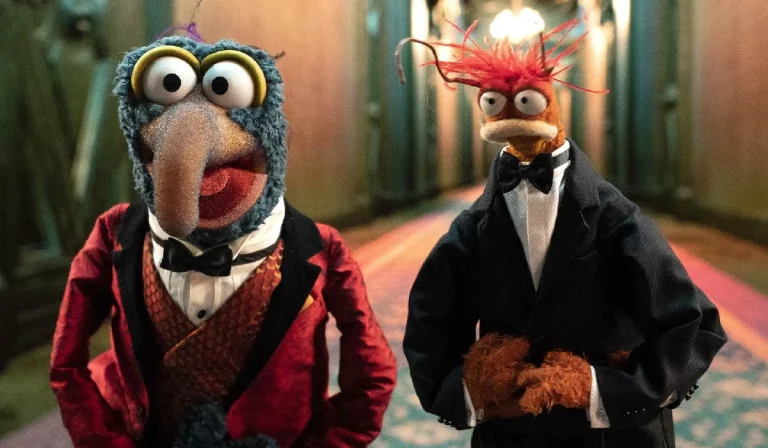
In the unpredictable world of football, where fortunes can change as quickly as télécharger 1win odds, few stories are as compelling as Arthur Melo’s journey from being crowned as Xavi’s successor to his current state of career uncertainty. The Brazilian midfielder’s trajectory serves as a cautionary tale about the weight of expectations and the fine line between potential and achievement in modern football.
From Gremio’s Golden Boy to Barcelona’s Great Hope
When Barcelona signed Arthur Melo from Gremio in 2018 for €40 million, it seemed like a masterstroke. The Brazilian midfielder had just completed a remarkable feat in the Copa Libertadores, achieving 40 passes with 100% accuracy in his debut, earning immediate comparisons to Xavi and Iniesta. With Andres Iniesta departing for Japan, the timing couldn’t have been more perfect – Barcelona needed a midfielder with “club DNA,” and Arthur appeared to be the answer.
His early days at Camp Nou showed promise. Arthur’s ability to control the tempo, maintain possession, and distribute the ball with precision seemed to justify the comparisons with Xavi. Under Ernesto Valverde’s guidance, he quickly became a regular starter, displaying the technical prowess that had made him stand out in Brazil. However, the statistical reality told a different story – producing just 0.07 expected assists per match (16th in the team) and only 16 successful dribble progressions compared to Ivan Rakitic’s 56.
The Battle Between Potential and Lifestyle
Arthur’s career at Barcelona began to unravel not just on the field but off it as well. His friendship with Neymar, while natural for two Brazilian footballers, led to concerns about his commitment to professional development. Public apologies for attending parties in Paris and numerous photos from nightclub excursions began to overshadow his on-field performances. The situation was exacerbated by injury problems, with Arthur missing 89 days and 14 matches in the 2019/2020 season alone.
Yet, paradoxically, his actual playing statistics were improving under Quique Setien. His chance creation rose from 0.13 to 0.68 per match, second only to Lionel Messi. Setien’s commitment to Barcelona’s traditional playing style seemed to benefit Arthur, suggesting that perhaps the best was yet to come. However, the infamous 8-2 defeat to Bayern Munich changed everything, leading to Setien’s dismissal and setting the stage for Arthur’s departure.
The Juventus Gambit: A Transfer That Pleased No One
The transfer to Juventus for €72 million, part of a peculiar swap deal involving Miralem Pjanic, marked the beginning of a new downward spiral. Arriving to play under Maurizio Sarri’s possession-based system seemed ideal, but Sarri’s immediate departure and Andrea Pirlo’s appointment changed everything. Under Pirlo’s inexperienced leadership, Arthur struggled to find his role, failing to create a single chance in 22 Serie A appearances – a shocking statistic for a midfielder once compared to Xavi.
The situation worsened under Massimiliano Allegri, whose pragmatic approach clashed with Arthur’s creative instincts. Injuries continued to plague him, with 143 days missed across two seasons. A loan move to Liverpool offered hope of redemption, but resulted in just 13 minutes of Champions League football before another injury ended his season prematurely. Liverpool fans would later label him as the worst transfer of the Jurgen Klopp era.
What makes Arthur’s story particularly intriguing is his brief renaissance at Fiorentina. Under Vincenzo Italiano’s guidance, he reinvented himself as a deep-lying playmaker, achieving a 91% pass completion rate and becoming one of Serie A’s most influential midfielders. This transformation showed that the talent that once made him Barcelona’s chosen heir still existed, but financial constraints prevented Fiorentina from making the move permanent.
Now, with reports linking him to Real Betis, there’s hope for another chapter in Arthur’s career. Manuel Pellegrini’s track record of rejuvenating talents offers promise, and a potential €10 million option to buy could provide the stability Arthur needs. His story serves as a reminder that in football, talent alone isn’t enough – timing, circumstance, and personal choices all play crucial roles in determining a player’s trajectory.
The journey from being hailed as Xavi’s successor to searching for stability has been humbling for Arthur. Yet, at just 27, there’s still time for redemption. His success at Fiorentina proved that under the right conditions, he can still be an influential midfielder. Whether he can maintain that level consistently and finally fulfill his potential remains one of football’s most intriguing ongoing narratives.








